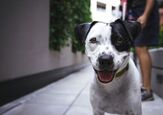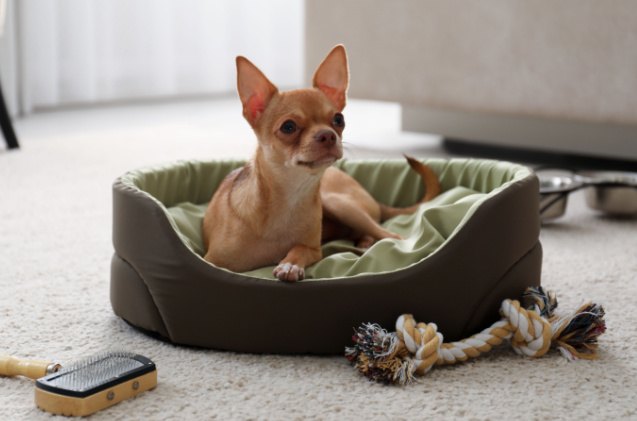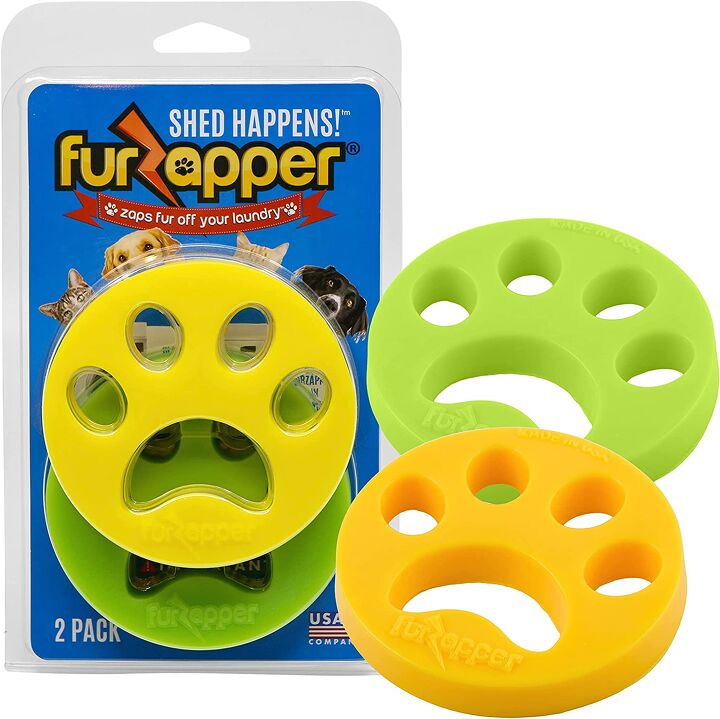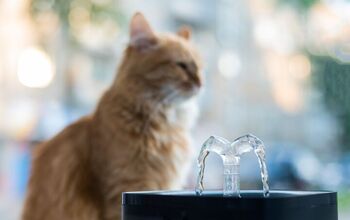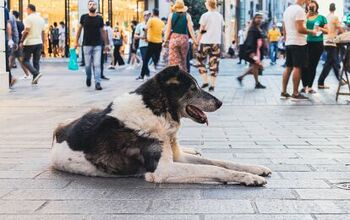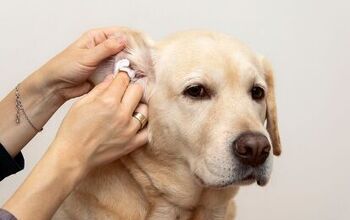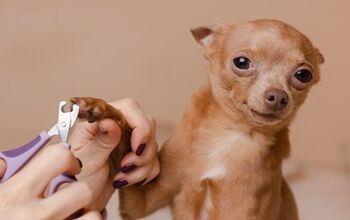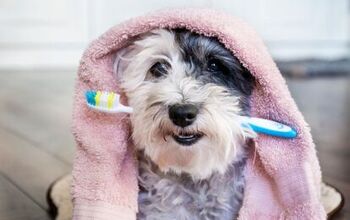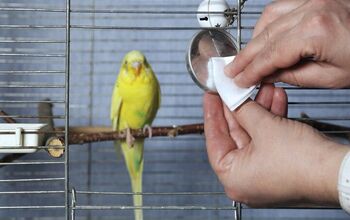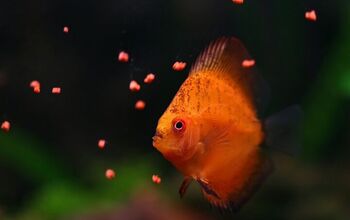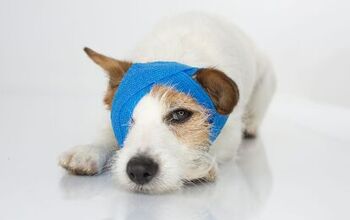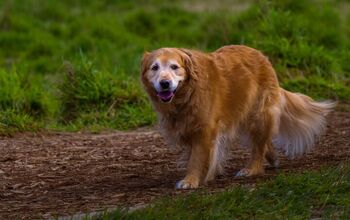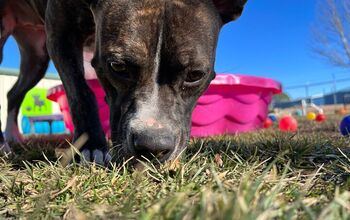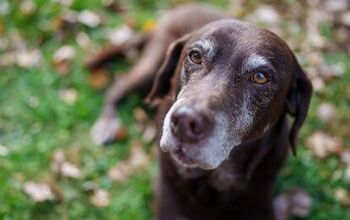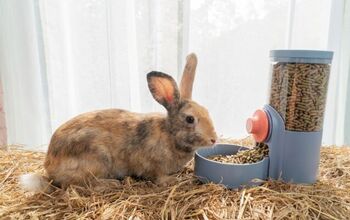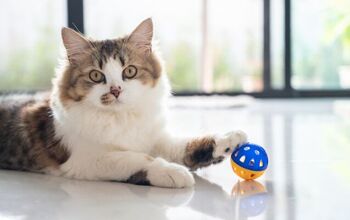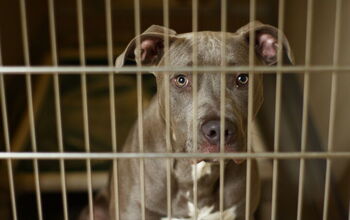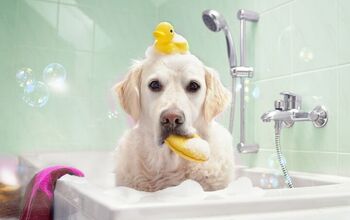How Often Should I Wash My Dog’s Bed

Let’s face it – no one likes to sleep in a dirty, messy bed, your dog included. It might sound surprising, but dogs can be picky about where they sleep. Of course, this means that you must ensure that their bed is washed regularly. But how often should you do it? The frequency of washing will depend on factors such as the dog's activity level, coat type, and any specific circumstances like allergies or medical conditions. In general, it's good practice to wash your dog's bed at least once every two to four weeks. However, certain situations may require more frequent washing. Here’s what you need to know.
Washing Your Dog’s Bed - The Main Rules
As we said, the frequency of washing your dog’s bed will depend on several factors. First, consider these aspects, and then you can establish how often you need to wash your pet’s bed – and if you need to do it more often than now or prolong the periods between washings instead.
- Shedding: If your dog sheds heavily, you may need to wash the bed more frequently to remove fur and dander buildup. A lot depends on the breed and the type of coat they have.
- Odor: If the bed starts to develop an unpleasant odor, it's a clear sign that it needs to be cleaned. Some dogs tend to be smellier than others, but a lot depends on their age, activity levels, and physiognomy.
- Allergies or sensitivities: If your dog has allergies or sensitive skin, more frequent washing can help reduce potential irritants. Just make sure that you use pet-friendly cleaning solutions.
- Outdoor activities: If your dog frequently engages in outdoor activities, rolls in dirt or mud, or has been in contact with parasites like fleas or ticks, you might need to wash the bed more often. Of course, it will go a long way to do some outside cleaning of the paws and body, thus limiting how much dirt comes indoors.
- Vomiting or peeing the bed: If your dog has a tendency for “accidents” in their sleep (due to old age or incontinence), has a stomach bug that results in vomiting, or maybe just drools a lot, you should wash their bed more often to prevent staining and odors.
What Should You Know About Washing Your Dog’s Bed?
When washing the bed, follow the manufacturer's instructions, if available. Typically, it's best to remove any removable covers or cushions and wash them separately. Use a mild, pet-safe detergent and follow the washing instructions for the specific materials of the bed. Make sure the bed is completely dry before allowing your dog to use it again. Check the manufacturer's label or any accompanying care instructions for specific guidance on washing the bed. Different materials may have different washing requirements. And, if your dog's bed has removable covers or cushions, take them off before washing. This allows for a more thorough cleaning and prevents any potential damage to the bed's structure during the washing process.
Of course, detergent should be chosen with care. Select a mild, pet-safe detergent to wash your dog's bed. Harsh detergents or those with strong fragrances may irritate your dog's skin or respiratory system. Avoid using bleach or other harsh chemicals unless explicitly recommended by the manufacturer. Here is a good choice, which is tough on stains and yet completely safe for pets. It relies on the power of natural enzymes to tackle even the most persistent odors and stains, without harming your pet in the process.
And, if you have issues with those pesky loose hairs, a gadget such as this one might come in handy. The reusable silicone paws will trap dog hair while the bed is being washed, keeping it clean and protecting your washing machine in the process.
At the end of the day, it’s all about personal preferences – as long as you make sure that the bed isn’t dirty, you don’t have to stick to a strict schedule. Just keep an eye out for grime, dirt, stains, and such and toss the bed into the washing machine as soon as you notice anything dirty – or sniff out bad smells. Regular washing of your dog's bed will help keep it clean, fresh, and free from potential allergens or irritants, providing a comfortable resting place for your furry friend.

A proud mama to seven dogs and ten cats, Angela spends her days writing for her fellow pet parents and pampering her furballs, all of whom are rescues. When she's not gushing over her adorable cats or playing with her dogs, she can be found curled up with a good fantasy book.
More by Angela Vuckovic


